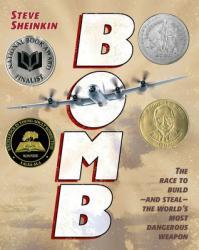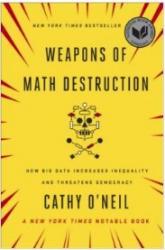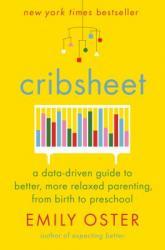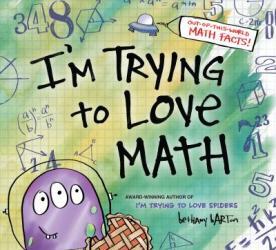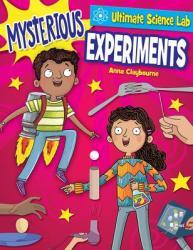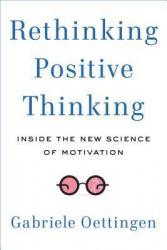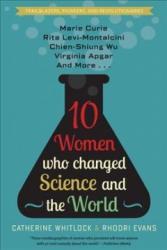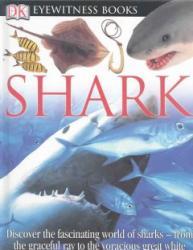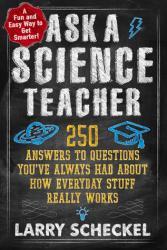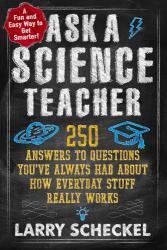As a new parent and an engineer, I am skeptical when so much advice about raising a baby comes from hearsay or anecdotal evidence. So many controversial topics abound in the early years of a child’s life that I wanted to make sure I was basing my decisions off the scientific data instead of mere wives' tales. Fortunately, Cribsheet: A Data-Driven Guide to Better, More Relaxed Parenting, from Birth to Preschool exists. Unfortunately, it has merely proven to me that there haven’t been enough rigorous studies to show any causal relationships to make my parenting decisions any easier.
Similar in the tactics of Zero to Five (whose author was a science journalist), Cribsheet takes the experience of an economist and pits it against the studies that have been performed to determine which of them are legitimate enough to be trusted. In most cases, it seems that plenty of research into the benefits and detriments for children (and parents) merely comes down to broad Gaussian distributions. That is, there are no correlations between two drastically different approaches on the outcome of the child’s health or future behavior. This is undoubtedly a relief to know, if for no other reason than to give me free rein to parent as I see fit (with my wife's input, of course).
One mantra that Cribsheet seems to reiterate is that—even if data supports a beneficial outcome—if the parents’ mental health issues and/or anxiety increase because their lifestyle cannot support it is not worth the small percentage points of benefit to the child. Basically, the studies that do support something like breastfeeding show that these desired outcomes are in the short term and won’t harm the child if this particular parenting method isn’t chosen. While the data absolutely supports one or two items of interest, everything else is so loosely researched as to prove nothing in one way or another.
A great book about statistical rigor in childhood studies, I give Cribsheet 4.0 stars out of 5.



